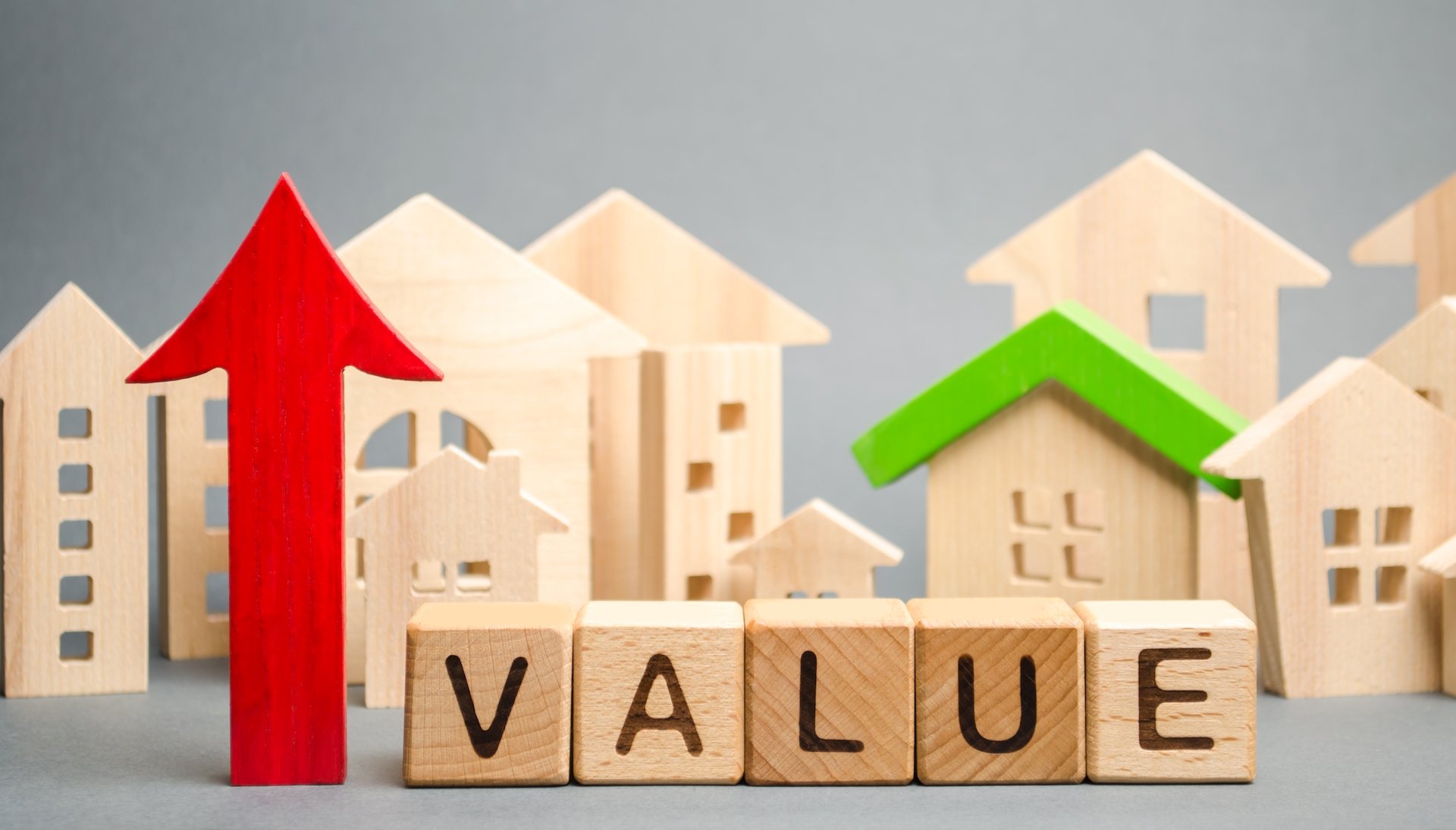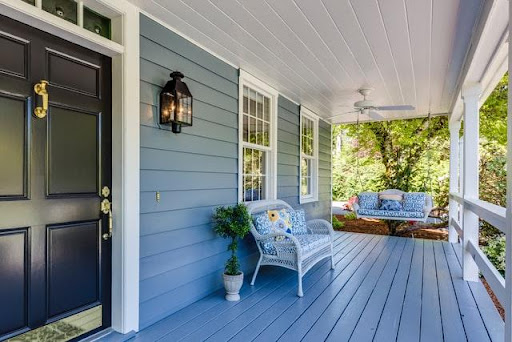Understanding Commercial Closing Costs
- Posted on October 25, 2019
- In Commercial Real Estate, Real Estate Closing, Selling Real Estate, Closing Process
Buying a commercial property? Real estate transactions are complicated, and they come with a lot of fees during closing.
For the buyer, closing costs are generally between 3 and 5% of the cost of the property. Here are some of the different commercial real estate closing costs for buyers and sellers.
Fees for the Buyer
Points
To buy a property, you’ll probably need a loan from a bank or mortgage company. In addition to monthly payments, the lender may also charge you a one time fee that you pay during closing.
This payment is a percentage (called points) of the total loan. For example, if you borrow $100,000, the bank may charge you one point (one percent of the total) which is $1,000.
Sometimes banks don’t charge any points, and they rarely charge more than two. It’s a matter of negotiation. If you pay more upfront, you’ll probably have a smaller interest rate and pay less overall.
Appraisal Fee
When a bank loans you money, they want to make sure the building you’re buying is worth it. If they loan you $300,000 on a building that’s only worth $250,000 and you default on your payments, they’ve lost money, because the collateral isn’t worth as much as their initial investment. They can’t recoup their loss.
To avoid this scenario, banks make you pay an appraisal fee to have a qualified inspector look over the property to make sure it’s worth what you’re paying. This service usually costs $300-$400 according to NerdWallet. For commercial properties, the fee can be far more.
Title Insurance
When you buy title insurance, you’re paying for someone to look back through all the previous owners of a property to make sure there’s nothing suspicious.
For example, the title searcher could research a property and find that there was a dispute over who owned it, or perhaps two people owned it jointly and one signed to sell but the other one didn’t. These issues are called clouds on the title, and title insurance protects you from having someone show up at your doorstep one day and saying, “Why are you in my building?”
Title insurance is even more important for commercial real estate where properties are usually more expensive. You need title insurance both for the lender and buyer, but the buyer often pays for both. See our title fee calculator for Tennessee.
Payment into Escrow
Escrow is a fancy way of saying, “money someone holds that’s not really theirs.” When you get a loan, the bank or mortgage company wants to make sure you pay your property insurance and property tax, and since they don’t trust you to do that on your own, they will do it themselves and charge you extra on your payment.
For example, if property insurance and property taxes were $1,200 a year, they may charge you $100 extra a month and then pay the fees themselves
This is both a closing and an ongoing fee. You have to put some money in the pot to begin with, then keep paying each month.
Building Inspector
Hiring a building inspector is often optional, but some buyers choose to hire a building inspector to make sure the property is in good shape. You don’t want to buy an expensive office only to find out that the walls are rotted or the foundation is cracked. This is different from an appraisal fee because the appraisal inspector is checking the value of the property while the building inspector is checking the condition of the property.
Miscellaneous Fees
Most of the time, a bank or mortgage company will charge closing and document preparation fees which are usually less than $100 a piece. The document preparation fee covers the price of all drafting the various paperwork the buyer has to sign.
Buyers also usually have to pay a fee to record the property with the Register of Deeds office. Most of the time, this cost is less than $50.
Fees for the Seller
Real Estate Fee
When someone sells a building, they usually hire a real estate agent. This agent will charge the seller about 6% of the cost of the property. Sometimes sellers negotiate for buyers to pay part of the fee.
Debts
If the seller owes any money that is secured by the property, the seller should pay these debts off at closing. Sometimes the buyer will pay the seller who will then turn around and pay his or her remaining debts secured against the property.
There will also be extra fees for the buyer and seller if they hire attorneys.
If you have any questions about real estate, contact our commercial real estate attorneys. The initial consultation is free.
Subscribe for Updates
Latest Posts
- Title Issues in Tennessee: Common Problems and How They’re Cleared
- Common Commercial Lease Red Flags (and How to Negotiate Them)
- Commercial Purchase and Sale Agreements – How a Real Estate Attorney Can Protect Your Transaction
- When Do You Need a Nashville Probate Lawyer? 8 Common Scenarios
- Commercial Leases – Important Considerations





